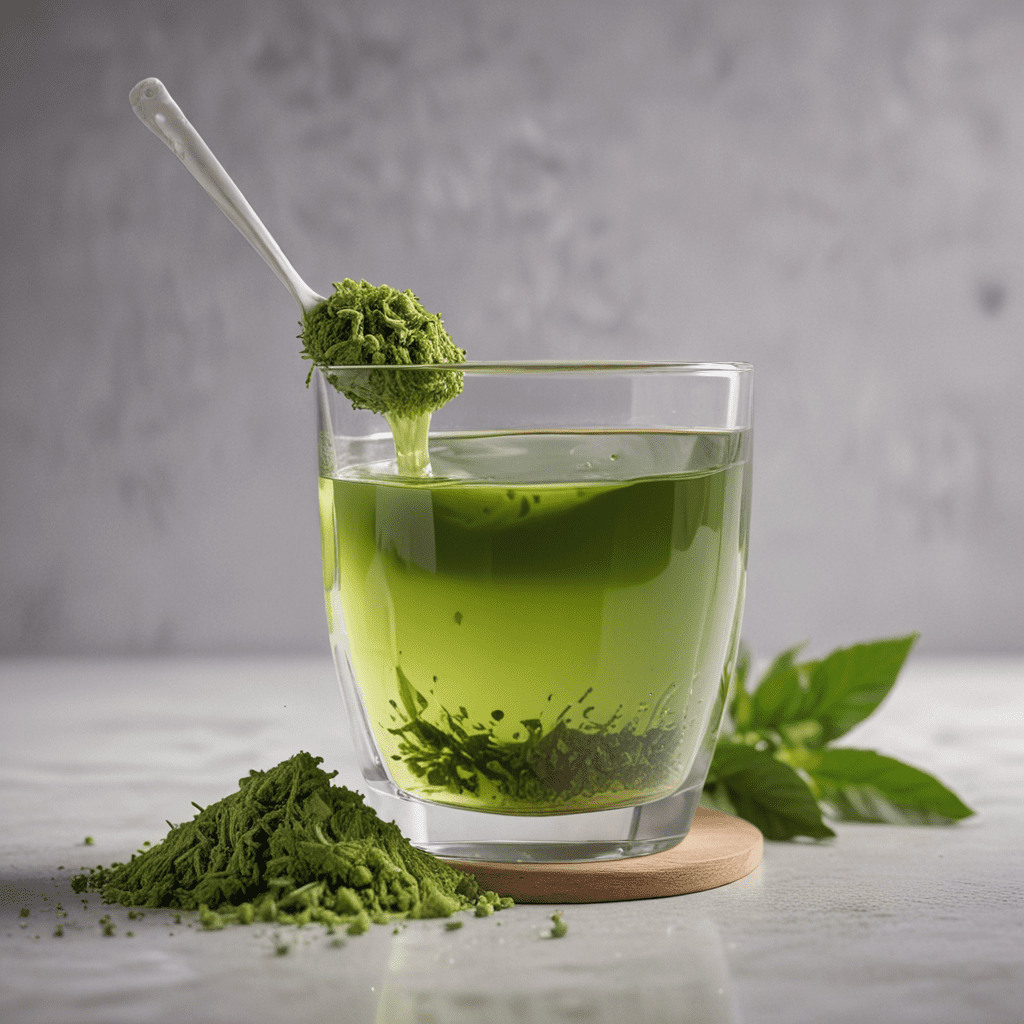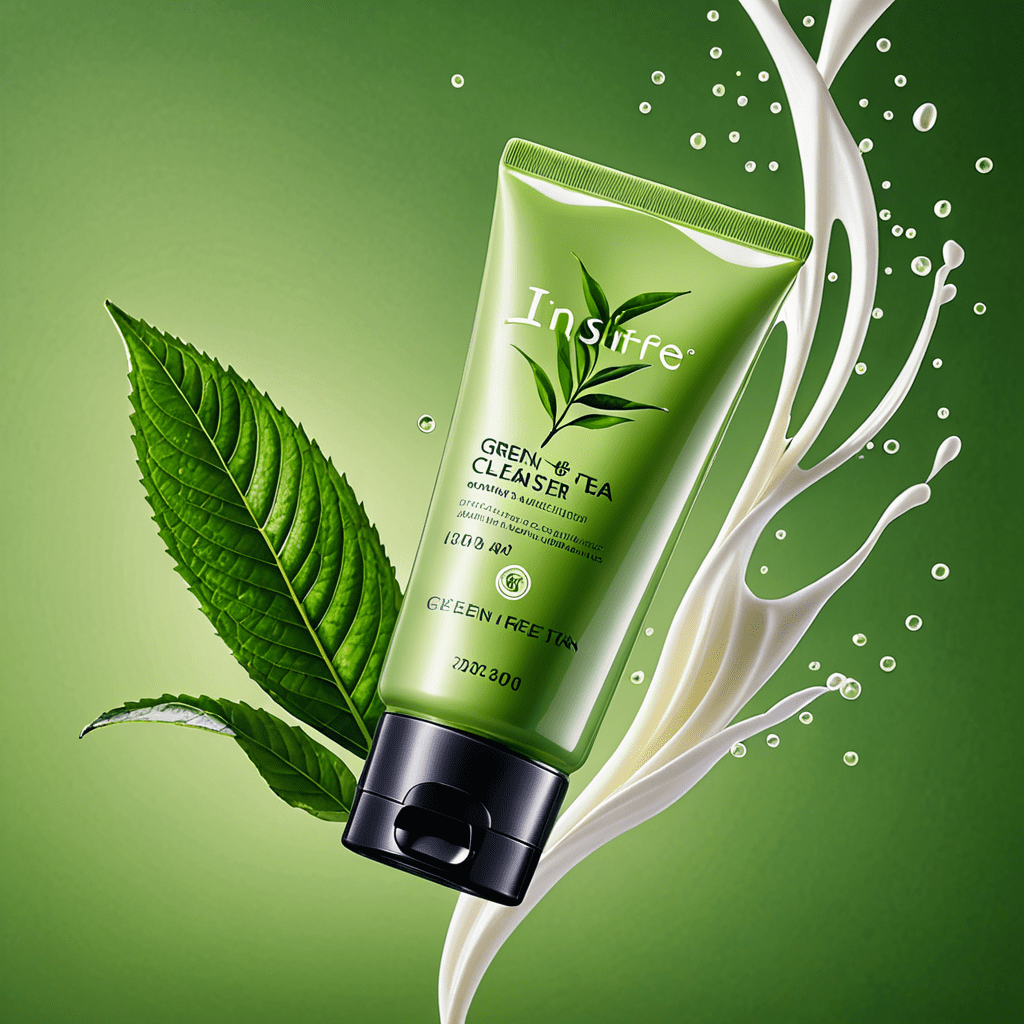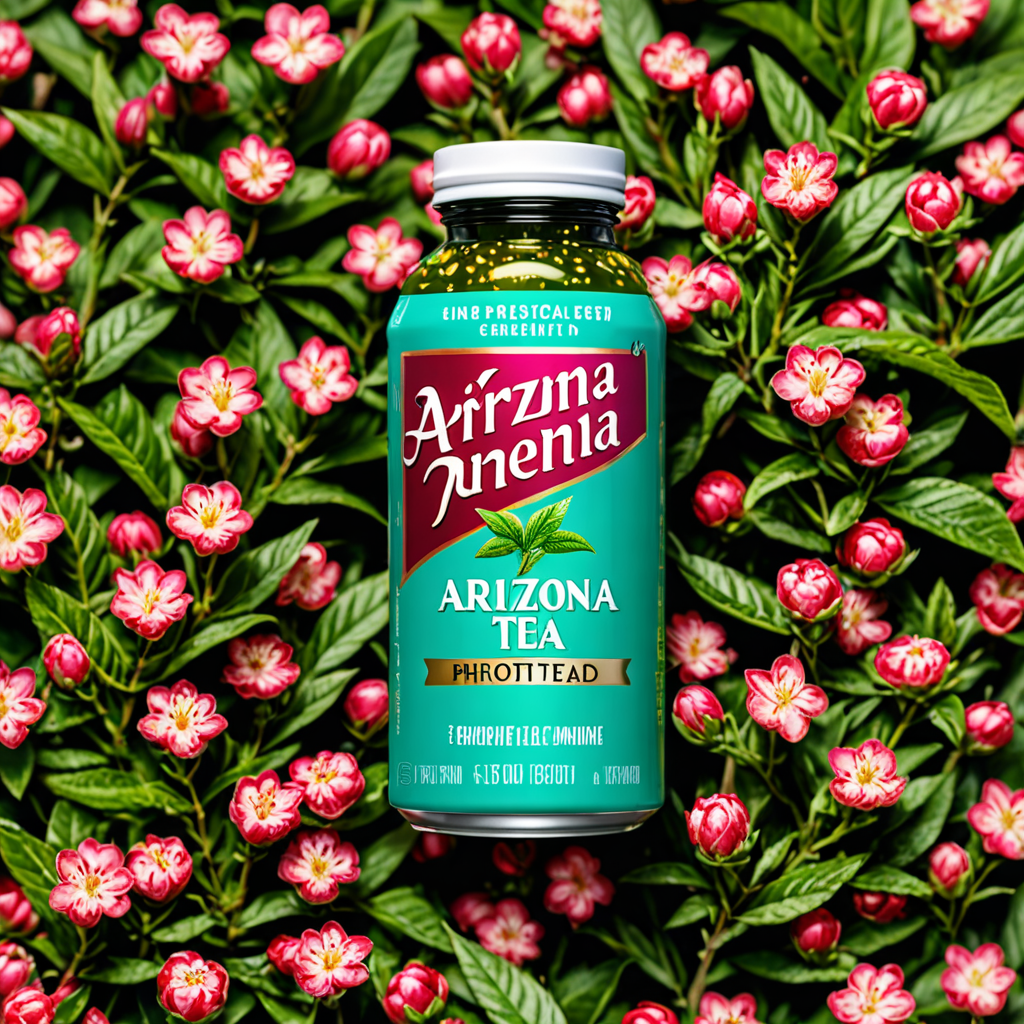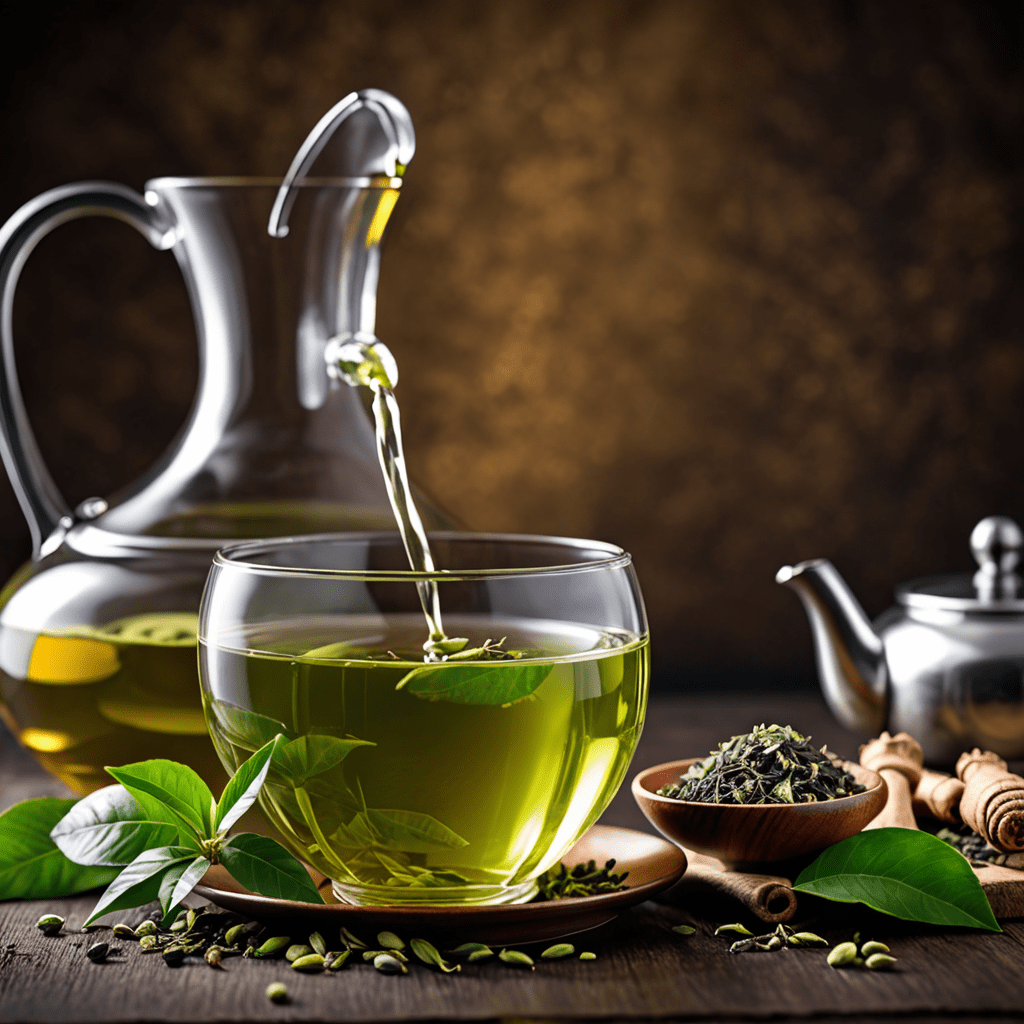
Matcha and Kidney Health: Green Tea’s Effects on Renal Function
I. Introduction
Matcha, a finely ground green tea used in traditional Japanese tea ceremonies, has gained global popularity due to its numerous health benefits. Among these benefits, matcha's impact on kidney health has sparked interest within the research community. This article delves into the scientific evidence surrounding matcha consumption and its effects on renal function. By exploring the antioxidants, diuretic effects, and potential risks associated with matcha, we aim to provide a comprehensive understanding of its implications for kidney health.
II. Matcha: An Overview
Matcha is a type of green tea made from shade-grown tea leaves. These leaves are carefully ground into a fine powder, resulting in a concentrated form of green tea rich in catechins, antioxidants with potent health-promoting properties. Catechins have been shown to possess anti-inflammatory, antibacterial, and antiviral effects, contributing to matcha's potential health benefits.
III. Kidney Function and Matcha Consumption
The kidneys play a vital role in filtering waste products from the blood and regulating fluid balance. Matcha consumption has been linked to several positive effects on kidney function. Studies suggest that matcha's antioxidants may help protect against oxidative stress and inflammation in the kidneys, reducing the risk of damage and improving overall renal function. Additionally, the diuretic properties of matcha may aid in flushing out toxins and excess fluid, promoting kidney health.
IV. Antioxidants in Matcha and Kidney Protection
Matcha is particularly rich in catechins, namely epigallocatechin gallate (EGCG). EGCG is a potent antioxidant that has been shown to protect against oxidative stress in the kidneys. Oxidative stress is an imbalance between the production of harmful free radicals and the body's ability to neutralize them. By scavenging free radicals, EGCG helps prevent damage to kidney cells, thereby preserving renal function and reducing the risk of chronic kidney disease.
V. Diuretic Effects of Matcha and Kidney Health
Matcha has mild diuretic properties, meaning it can increase urine output. This effect may benefit kidney health by helping to flush out toxins and excess fluid from the body. The diuretic action of matcha can be attributed to its caffeine content and other compounds that stimulate the kidneys to produce more urine. By promoting urine flow, matcha may help prevent the formation of kidney stones and reduce the risk of urinary tract infections.
VI. Matcha Consumption and Risk of Kidney Stones
While matcha's diuretic properties can promote kidney health, excessive consumption may increase the risk of kidney stones in certain individuals. Kidney stones form when minerals and salts crystallize in the urine, creating hard deposits in the kidneys or urinary tract. Matcha's high oxalate content, a naturally occurring substance found in many plant foods, can contribute to the formation of calcium oxalate stones in susceptible individuals. Therefore, individuals with a history of kidney stones or those prone to oxalate formation should exercise caution and limit their matcha intake.
VII. Matcha and Renal Function in Chronic Kidney Disease
The effects of matcha consumption on renal function in individuals with chronic kidney disease (CKD) require further research. CKD is a condition characterized by a gradual decline in kidney function over time. Studies on the impact of matcha on CKD patients are limited, and the available evidence is inconclusive. Some research suggests that moderate matcha consumption may not adversely affect renal function in early stages of CKD. However, individuals with advanced CKD should consult with their healthcare provider before incorporating matcha into their diet.
VIII. Potential Interactions with Kidney Medications
Matcha may interact with certain kidney medications, potentially altering their effectiveness or safety. For example, matcha's diuretic properties may enhance the effects of diuretics prescribed to treat fluid retention. Additionally, matcha's caffeine content may interact with medications used to treat kidney disease, such as ACE inhibitors or potassium-sparing diuretics. It is crucial for individuals taking kidney medications to consult with their healthcare provider before consuming matcha.
IX. Recommended Consumption for Kidney Health
For individuals with healthy kidneys, moderate consumption of matcha is generally considered safe and beneficial for kidney health. However, excessive consumption should be avoided, as it may increase the risk of kidney stones in susceptible individuals. The optimal recommended intake of matcha for kidney health may vary depending on individual factors, such as caffeine sensitivity, oxalate tolerance, and overall health status. It is advisable to consume matcha in moderation and gradually increase intake if desired.
X. Conclusion: Implications for Kidney Health and Future Research
Matcha consumption has shown promising effects on kidney health, particularly due to its antioxidant and diuretic properties. Antioxidants in matcha may protect against oxidative stress and reduce the risk of kidney damage, while its diuretic action may aid in flushing out toxins and excess fluid. However, individuals with a history of kidney stones or CKD should exercise caution and limit their matcha intake. Matcha may interact with certain kidney medications, necessitating consultation with a healthcare provider. Future research is needed to further investigate the impact of matcha on renal function in both healthy individuals and those with kidney disease.
FAQ
Q1. Can matcha improve kidney function?
A: Matcha contains antioxidants that may protect against kidney damage and improve renal function.
Q2. Can matcha prevent kidney stones?
A: Excessive matcha consumption may increase the risk of kidney stones due to its high oxalate content.
Q3. Can matcha interact with kidney medications?
A: Yes, matcha may interact with diuretics and other kidney medications.
Q4. How much matcha is safe for kidney health?
A: Moderate consumption of matcha is generally safe for individuals with healthy kidneys.
Q5. Should individuals with kidney disease consume matcha?
A: Individuals with CKD should consult with their healthcare provider before consuming matcha.


